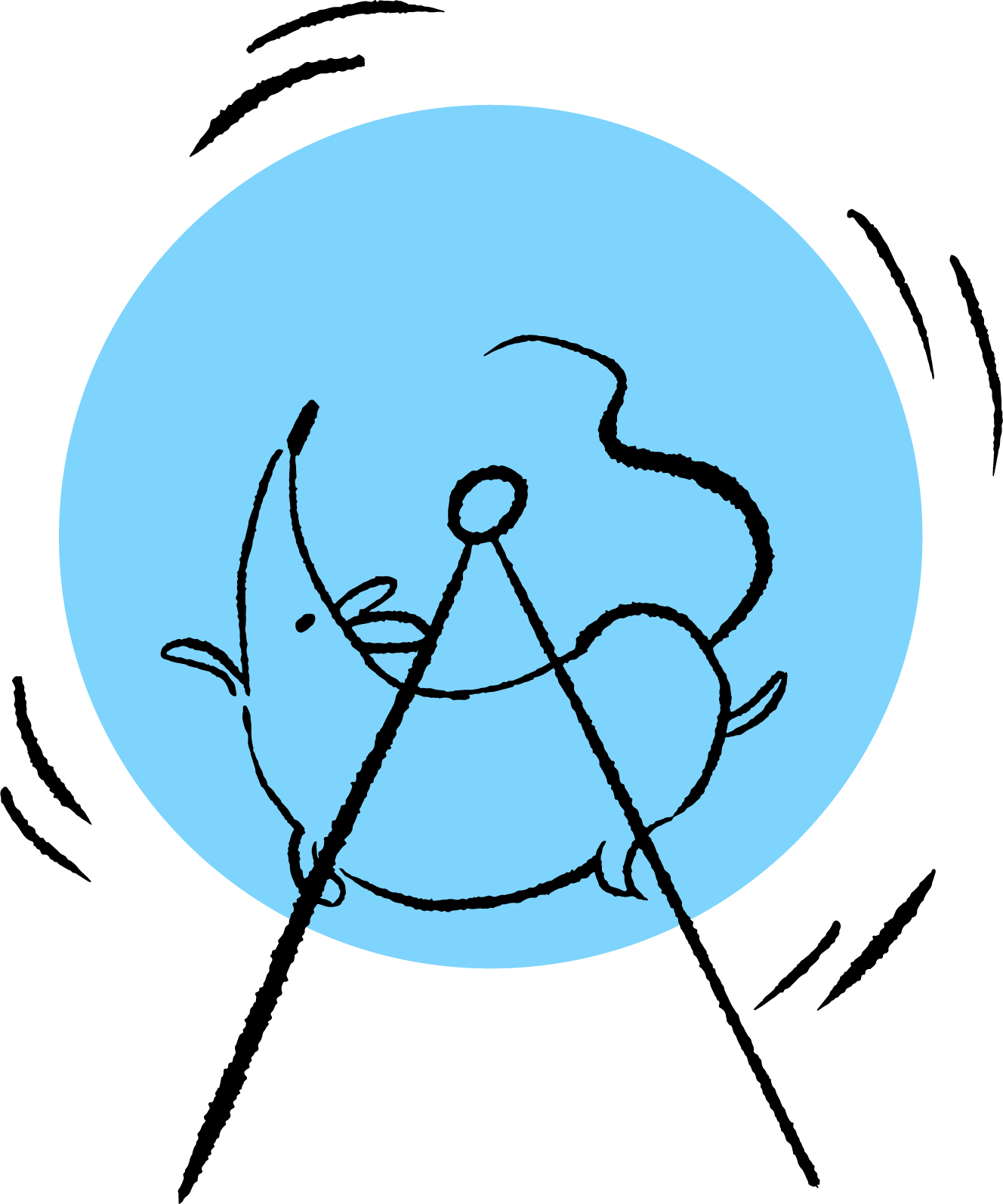Pricing in a Knowledge Economy

The US recently celebrated Labor Day on the first Monday in September, which for those of us growing up Stateside has more connotation with going back to school than a celebration of the poor immigrants who built the American economy in the 18th and 19th centuries. Labor Day became a holiday signed into law in the late 19th century and came off the back of those who fought to unionise workers. These organisers advocated for the rights of factory, mine, and farm employees to ensure the abolition of child labour, fair and clean working conditions, and dissolved the ubiquity of the 10-16-hour workday. The 40-hour work week (in the US at least) was an eventual outcome of this movement, courtesy of American Industrialist, Henry Ford.
Ford thought it was a good idea to divide our 24-hour day into 8hrs to sleep, 8hrs to work and 8hrs for leisure. Alongside implementing this 8hr workday, Ford also paid his employees double, which led to increased productivity, and a doubled company profits from $30m to $60m (in the 1920s!). Other companies, seeing his success, followed suit quickly; fast forward to the modern era, and here we all are. 8hr workdays, 40-hour workweeks that we take as read.
Thing is, we’re missing a key element to what Ford did here. It wasn’t the 8hr workday that was the great invention, it was Ford’s understanding, conscious or not, that happy people, paid properly, would reward his business with incredible efficiency and production, and in turn, make him shedloads of money. That it was done in a 1920s context and set inside a factory is simply the means to do it. That people now, talking about the future of modern business are referring to staff happiness and wellbeing as if it’s a revelation shows how slow we are to cotton on to ideas around what good business actually entails.
Don’t get me wrong, Ford definitely saw his people as resources. He had to because that was the era in which people were resources based on their levels of productivity. No free coffee and ping-pong tables on the factory floor for his workers. But, there were tangible, measurable outputs for having rested and well-paid workers assembling engine parts. Except now, fewer and fewer of us are working in factories and more and more of us work in knowledge economies – tech, design, energy, media. Where does that leave us?
There’s a disconnect between what was and what is. Few of us do real physical labour from our desks. Instead, we’re thinking, drawing, creating, designing, and that kind of creative output is pretty much impossible to sustain 8hrs a day. None of us does it. We need to take breaks, we need to chat with clients, we need to write emails and send invoices, too. In our pandemic lockdown life, we also needed to do laundry, take our dogs for walks and garner the energy to shower.
Those of us in knowledge-based economies know intrinsically that time spent doesn’t equate to the value we create. Most of us, if not at our desks, are thinking about our clients, our projects, our own businesses, which is still work, People! If we’re doing focussed writing, drawing, creating, time disappears, and we lose track of everything else. The results are what matter in those instances, regardless of how long it took us to produce them.
And yet, we still price ourselves on 8hrs a day, we monitor our productivity based on 40-hour workweeks, we assume our people should be filling their 8 hours, Monday to Friday, with mostly billable time. We’re working with one foot in the future, and the other remains stuck in the past.
To change it, we need to shift our mindsets away from time equaling money. If we equate our time with our value, we will always be punished for being efficient, quick, and capable. If we shift away from pricing ourselves on time and instead on the value we bring to clients and projects, then suddenly the conversation changes. We are charging for our work, but we’re also charging for the education, training, and experience we’re bringing to it.
There’s a great (possibly apocryphal) story about Picasso who was stopped by a woman in a park to draw something for her. He makes her a single line on a sheet of paper, and then asks her for $5,000. She scoffs: “this only took you a second.” Picasso replies, “Madame, it took me my entire life.”
We are not cogs in machines anymore. We are people who get paid to think and create. We must stop working within business model frameworks rooted in the past and start having the confidence to value ourselves, our teams, and our abilities over the time it takes us to deliver outputs. Whether you work 40 hours a week or 60 or 10, what you produce is where the value lies, not in the time it took you to produce it.
Post by Lindsay Faller
Copyright © 2024 Cloudfields All rights reserved.